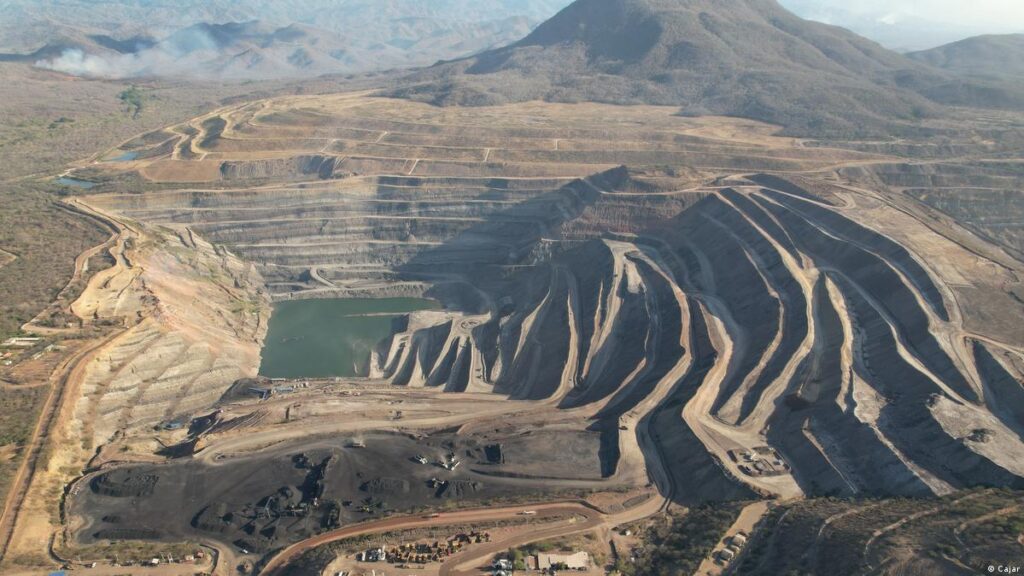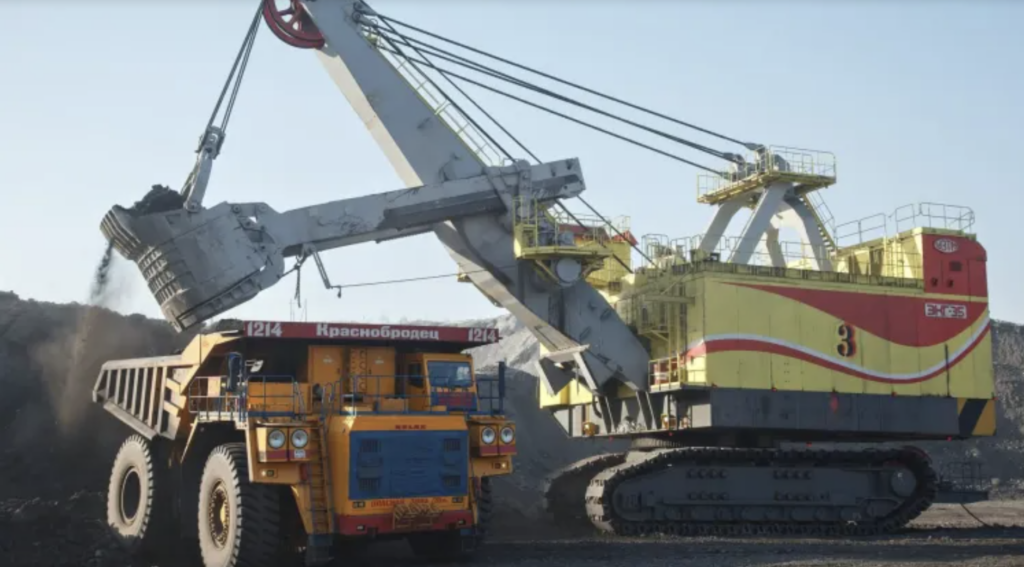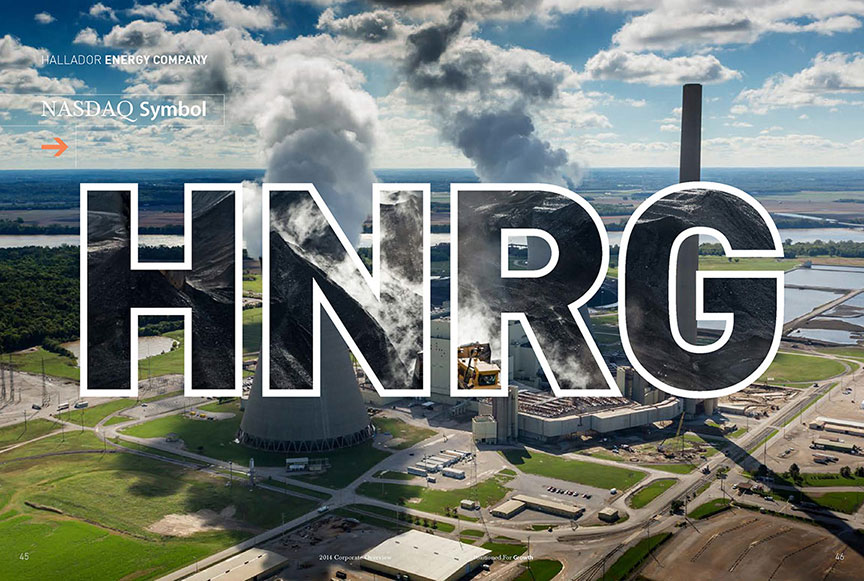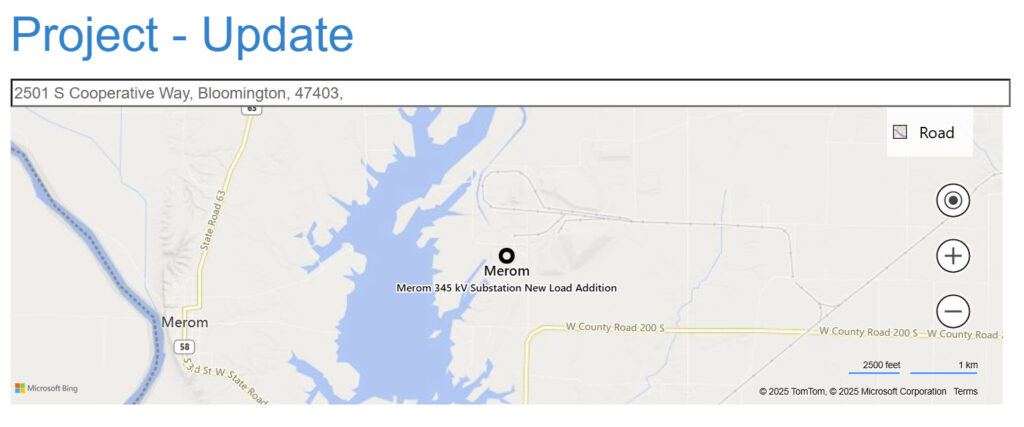Colombia, South America’s top coal producer, is proposing a mining bill which would ban new exploration and production contracts for the fuel. The proposed law would also allow the expropriation of mining assets in some circumstances, for coal as well as other types of mines.
The bill seeks to advance the nation’s “decarbonization goals,” according to the text which is currently open for comments on the Energy and Mines Ministry’s website. The bill hasn’t yet been sent to congress.
President Gustavo Petro came into office in 2022 on a pledge to wean the country off its dependency on fossil fuels. While his administration has refused to sign new coal and oil contracts, the proposed bill would go further by banning new coal licenses by law.
At the COP28 in Dubai, Colombia announced it joined a group of nations calling for the end of fossil fuels. Oil and coal are Colombia’s top two exports, accounting for about half of its export revenue.
The text of the bill also includes a proposal that would allow the government to expropriate mining assets in some circumstances. The assets would need to “contribute to the country’s reindustrialization, energy transition, agricultural development and public infrastructure” and “generate direct qualified and unskilled jobs in decent conditions” among other requisites.
By Andrea Jaramillo and Oscar Medina for Bloomberg










